

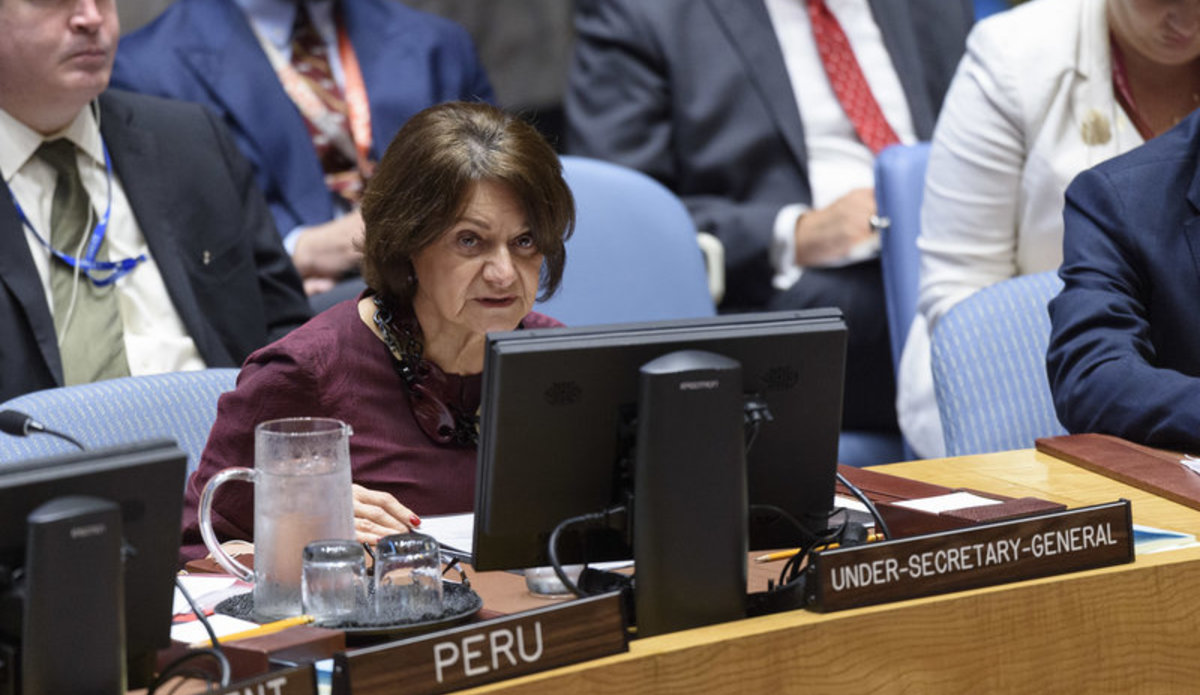
The United Nations has announced that Deputy Secretary-General Rosemary DiCarlo will lead the upcoming third Doha Meeting for Afghanistan, which will discuss issues such as the inclusion of women and women's rights in the country. Ms. DiCarlo will meet separately with representatives from the Taliban, Afghan civil society, and other stakeholders. This move comes after criticism that the UN has neglected the issue of women's rights in previous meetings, which were led by Secretary-General António Guterres. Despite this, UN Special Envoy Rosa Otunbayeva has stated that women's rights will be addressed in areas such as combating drug trafficking at the third Doha meeting.
UN to Address Women's Rights in Upcoming Afghanistan Meeting
The United Nations has announced that Deputy Secretary-General Rosemary DiCarlo will lead the upcoming third Doha Meeting for Afghanistan, scheduled to take place in the coming weeks. The meeting aims to address critical issues, including the inclusion of women and women's rights in the country.
Background:
Since the Taliban regained control of Afghanistan in August 2021, there have been growing concerns about the treatment of women and the erosion of their rights. The Taliban has imposed strict restrictions on women's education, employment, and freedom of movement.
The UN has been criticized for its perceived neglect of women's rights in previous meetings with the Taliban. Secretary-General António Guterres met with Taliban representatives twice in the past year, but the issue of women's rights was not explicitly addressed.
Upcoming Meeting:
The third Doha Meeting is expected to focus on a range of issues, including the humanitarian crisis in Afghanistan, the role of the UN in supporting the country, and the inclusion of women and women's rights. DiCarlo will meet separately with Taliban representatives, Afghan civil society, and other stakeholders.
UN Commitment to Women's Rights:
UN Special Envoy Rosa Otunbayeva has emphasized that women's rights will be addressed in all areas of the third Doha meeting, including combating drug trafficking. She stated, "We must ensure that women's rights are at the center of all our deliberations."
Top 5 FAQs and Answers:
1. Q: What is the significance of the third Doha Meeting? A: The meeting aims to address the ongoing humanitarian crisis in Afghanistan and discuss issues such as women's rights and the inclusion of all stakeholders in the country's future.
2. Q: Why has the UN been criticized in the past? A: The UN has been accused of neglecting the issue of women's rights in previous meetings with the Taliban.
3. Q: What specific issues will be discussed regarding women's rights? A: The meeting will address women's education, employment, freedom of movement, and participation in society.
4. Q: Who will participate in the meeting? A: Deputy Secretary-General Rosemary DiCarlo will lead the meeting, which will include Taliban representatives, Afghan civil society, and other stakeholders.
5. Q: What are the expected outcomes of the meeting? A: The meeting is expected to result in concrete steps to improve the situation for women in Afghanistan and ensure their rights are protected.
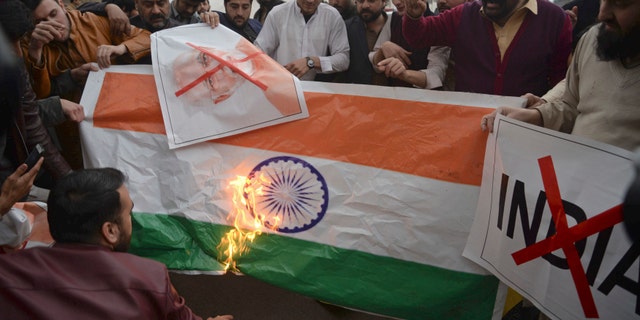
Following India's suspension of visas for all Pakistani nationals, Pakistan has responded by suspending visas for all Indians (except Sikh pilgrims), suspending trade, closing airspace and sealing the Wagah border. The National Security Committee of Pakistan made these decisions in a meeting held on Thursday, April 24, and has given Indian citizens 48 hours to leave the country. This marks a further escalation in tensions between the two countries.
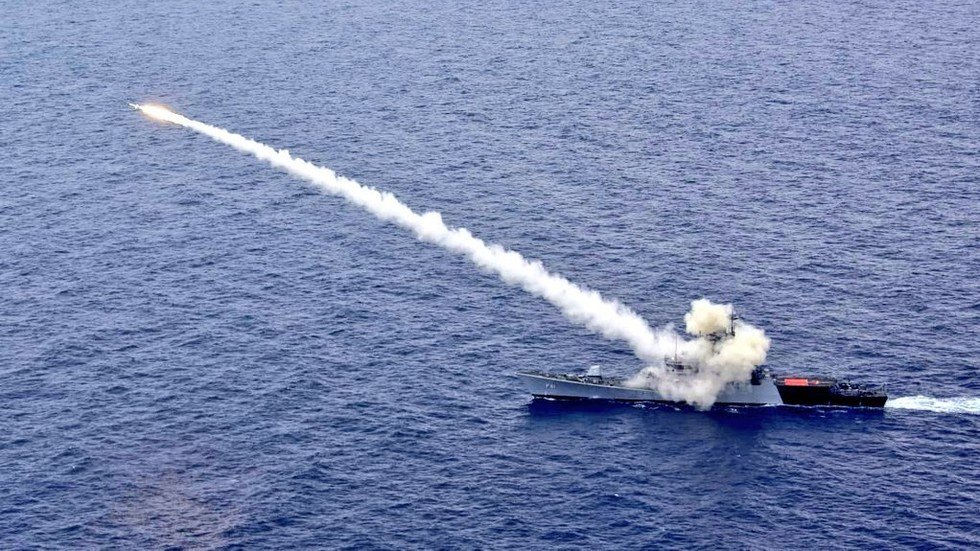
In a show of strength and readiness, the Indian Navy conducted multiple anti-ship firings to demonstrate its long-range precision strike capabilities following the recent terror attack in Pahalgam, Kashmir. The Navy reaffirmed its commitment to safeguarding India's maritime interests and declared itself Combat-Ready, Credible, and Future-Ready. This comes as all three branches of the Indian armed forces take heightened measures in response to the deadly attack in Pahalgam, claimed by a proxy of the banned militant group Lashkar-e-Taiba.

In response to criticism from India's Ministry of External Affairs about the death of a Hindu minority leader in Bangladesh, the chief adviser's press secretary states that there is no systematic discrimination against minorities in the country. The victim's death was not reported as suspicious by his family and the autopsy did not reveal any signs of bodily injury, although further analysis is being conducted. Bangladesh calls for all parties to refrain from inflammatory comments and condemns the killing while denying any pattern of persecution against minorities.

A video of an elderly man from Bangladesh being assaulted on a train has gone viral on social media, with claims that the incident took place in West Bengal. However, further investigation reveals that the incident actually happened in Bangladesh, and the man was asked to pay extra money despite having a ticket. The video, which was published by a verified Bangladeshi news outlet, shows the man sharing his ordeal with a reporter.
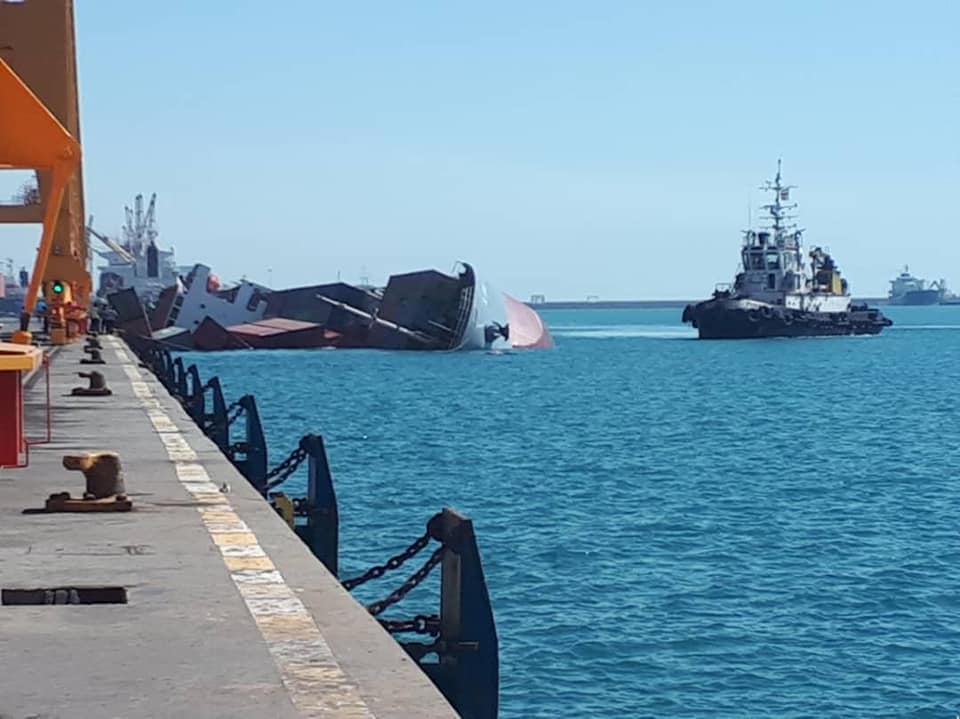
A massive explosion at Iran's Shahid Rajaee port in Bandar Abbas has left at least 516 people injured, according to preliminary reports. The cause of the explosion, which rocked the port city on Saturday, is still unclear. The incident occurred as Iran began its third round of nuclear talks with the United States in Oman. Videos and images shared on social media show a plume of black smoke rising from the port, with reports of shattered windows and a mushroom cloud forming. The port's activities have been suspended as emergency personnel work to put out the fire and attend to the injured.

A Pakistani man, whose two children suffer from a congenital heart condition, has appealed to the Indian and Pakistani governments for permission to complete their medical treatment in India. This comes after the recent cancellation of SAARC visa privileges following the Pahalgam terror attack. As tensions rise between the two nations, the father is pleading for his children's lives as their treatment is only possible in India. Meanwhile, tensions remain high as over 100 Indian nationals in Pakistan returned to India on Thursday, while more followed on Friday.
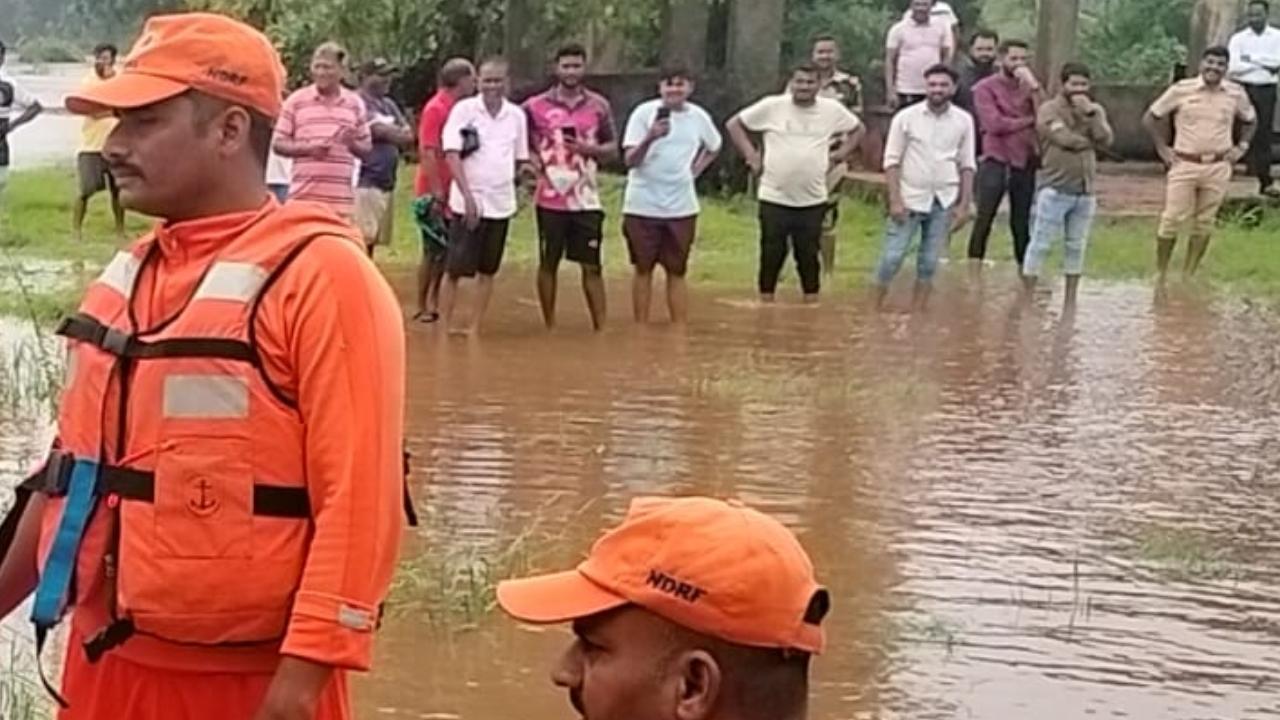
The Palghar district of Maharashtra, known for its vulnerability to natural calamities, has taken a step towards better disaster management by equipping 259 gram panchayats with specialized Disaster Response Kits. These kits, containing essential rescue and safety equipment, will ensure that villages are able to respond quickly and effectively during emergencies. In addition, the district plans to recruit 500 trained disaster response volunteers, called "Apda Mitras", to assist during disasters. With natural disasters becoming more frequent and severe, this proactive step by Palghar district is a crucial move towards strengthening disaster preparedness at the grassroots level.
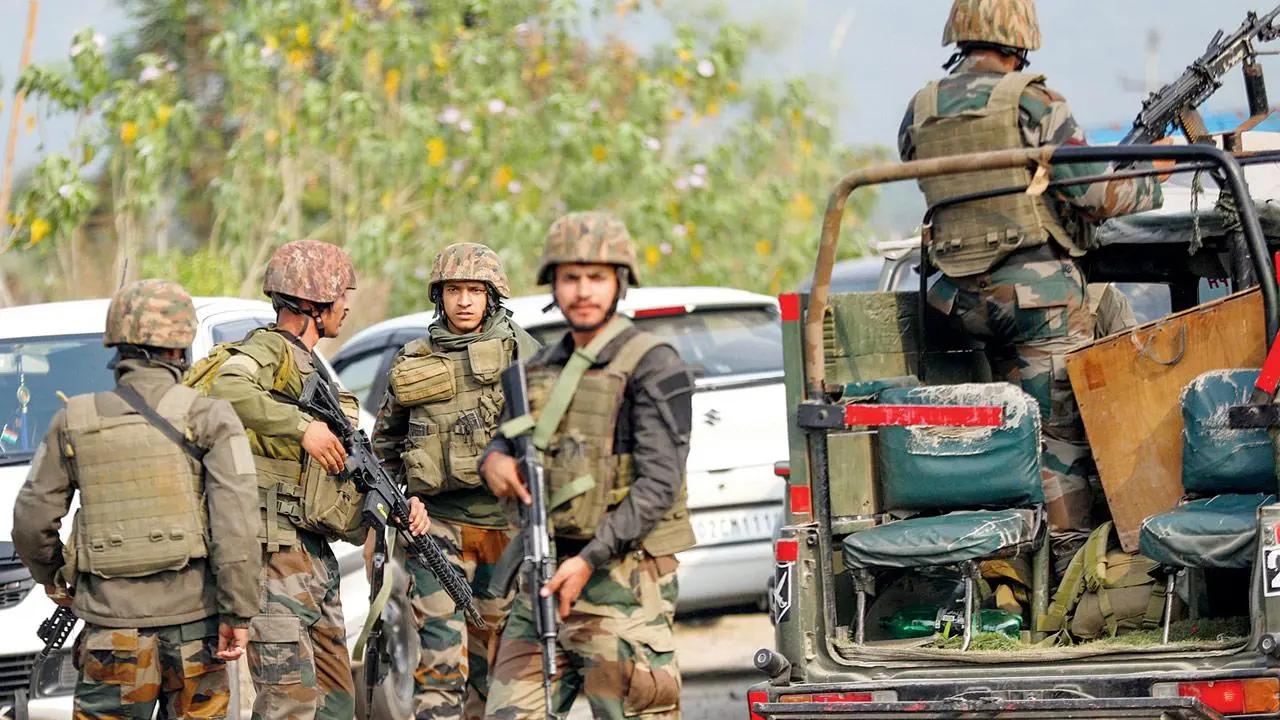
Indian security forces successfully eliminated top Lashkar-e-Taiba commander Altaf Lalli during an encounter in Bandipora, Jammu and Kashmir on Friday. The encounter occurred amidst a joint search operation launched by the Indian Army and Jammu and Kashmir Police to track down those responsible for the Pahalgam terror attack on April 22. Army Chief General Upendra Dwivedi has arrived in Jammu and Kashmir to conduct a comprehensive security review and track the progress of the operation.
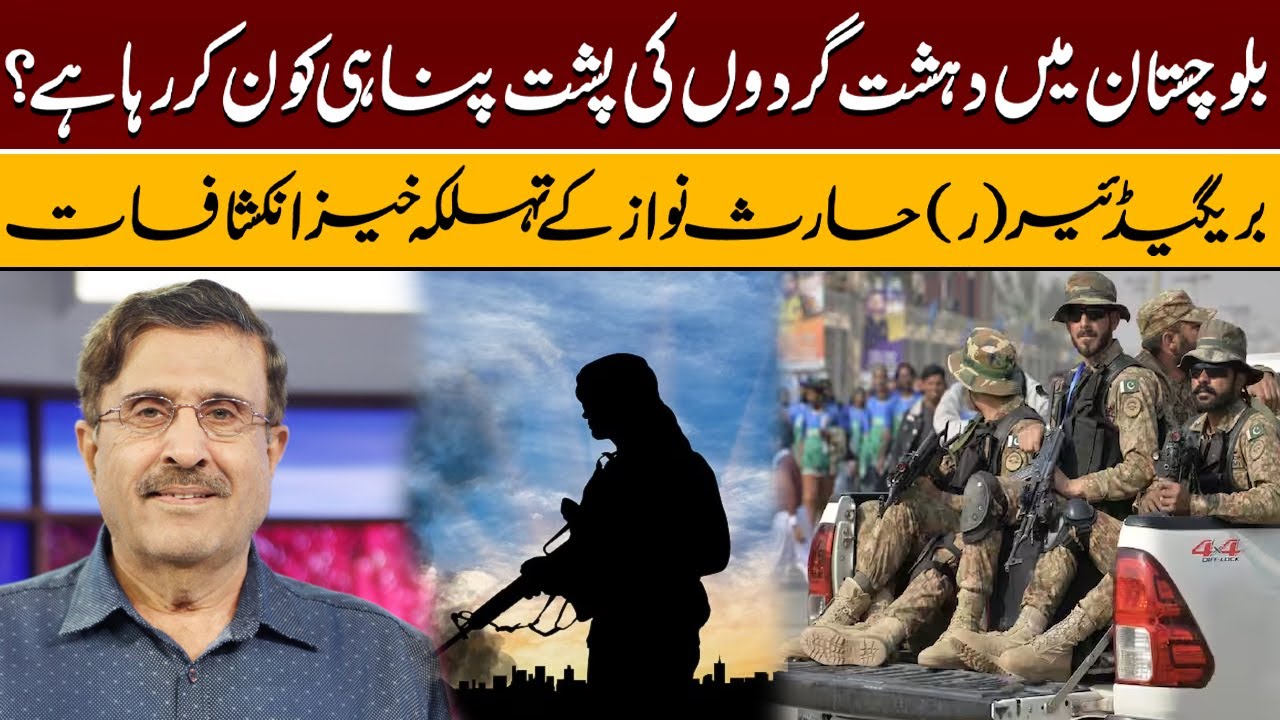
In a statement that has sent shockwaves through the international community, Pakistan's Defense Minister Khawaja Asif has admitted on an interview with Sky News journalist Yalda Hakim that his country has been aiding terrorist organizations for the past three decades. This confession serves as a vindication of India's longstanding claims about Pakistan's involvement in terrorism, particularly in the recent Pahalgam terror attacks where 26 people were killed. Asif also made contradictory claims, denying knowledge of the presence of Lashkar-e-Taiba's offshoot, The Resistance Front, while proclaiming that Lashkar "does not exist" anymore.

Israeli Prime Minister Benjamin Netanyahu reportedly ordered a covert operation by Mossad, codenamed Operation Zeppelin, to shield Indian billionaire Gautam Adani from a negative campaign linked to the Hindenburg Research report. The operation involved two elite units and spanned several countries, targeting individuals allegedly behind the campaign, including American and British hedge fund managers, investigative journalists, and political operatives possibly tied to the Biden administration and billionaire George Soros. Among the shocking claims in the report, Mossad is said to have surveilled prominent Indian opposition leaders and tracked Congress leader Rahul Gandhi, with evidence allegedly found of coordination between opposition figures and the Hindenburg team.